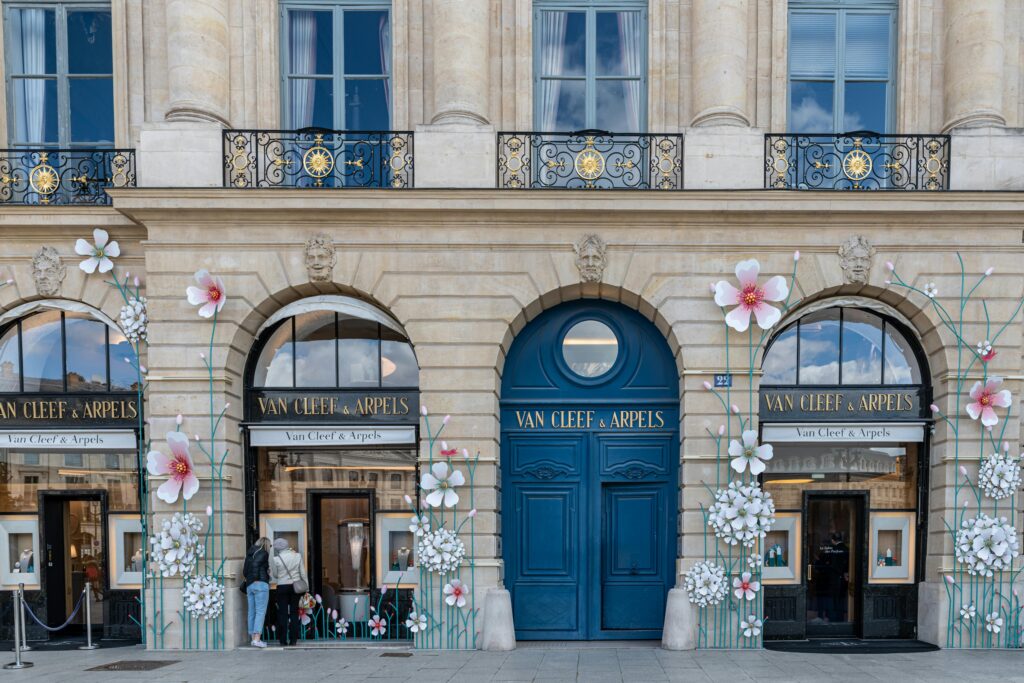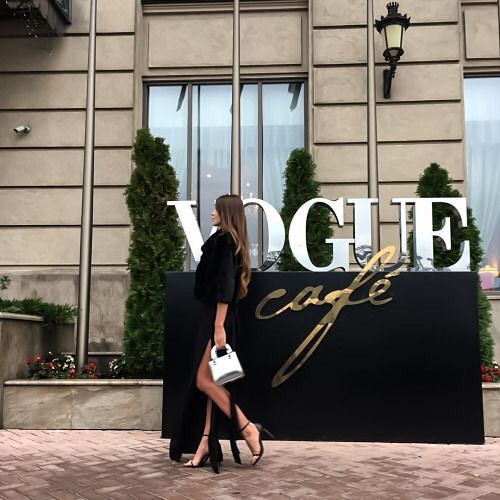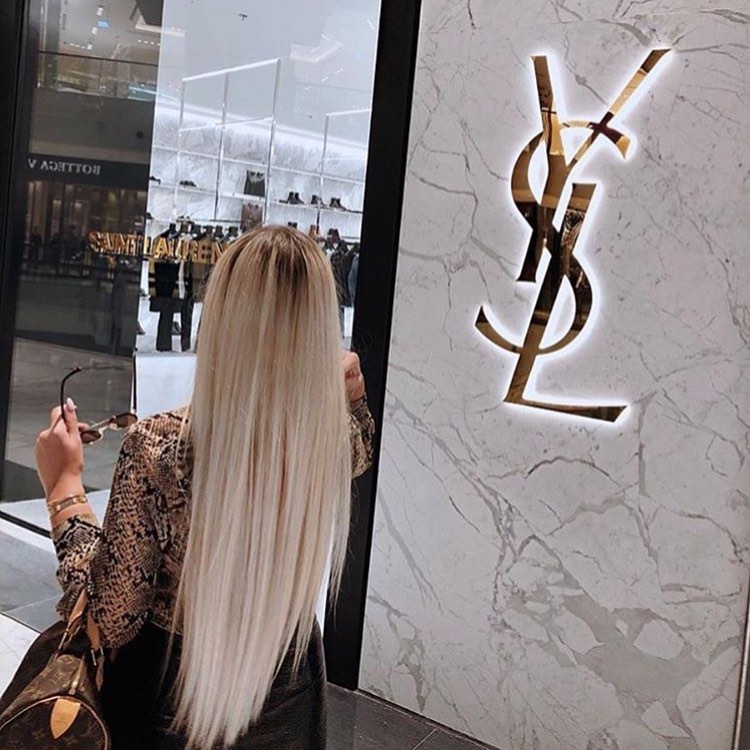Understanding the realm of luxury brands can feel like learning a new language. So, what makes a brand truly luxurious? It goes beyond just expensive price tags and shiny logos. Luxury brand marketing plays a pivotal role in cultivating an image of exclusivity and prestige, sparking a customer’s desire for the products. From the storied heritage of true luxury brands to the innovative strategies of budget luxury brands, the world of high-end commerce is diverse and fascinating. We’ll delve into the luxury brand strategy, highlighting how these brands connect with their audience and manage to stand out in a competitive market. Get ready to decode the allure of luxury in this comprehensive guide.
Key Takeaways
- Luxury brands are not just about expensive price tags and shiny logos. They represent superior quality, craftsmanship, and an elevated customer experience.
- The sense of exclusivity and rarity plays a crucial role in defining a luxury brand. This exclusivity is often cultivated through strategic luxury brand marketing.
- An emotional connection with the customers is a key element of a luxury brand. This connection is often fostered through storytelling and the heritage of the brand.
- Strategic marketing and positioning are vital for luxury brands to stand out in a competitive market.
- Brand loyalty plays a significant role in the success of luxury brands. Loyal customers not only repeatedly purchase but also become advocates for the brand, thus driving more customers.

What Sets Luxury Brands Apart?
Luxury brand marketing isn’t about selling products, but about constructing a brand that resonates with a certain lifestyle. Luxury brands are often associated with exclusivity, high quality, and a story that ignites desire. The key elements setting such brands apart include:
- Exclusivity
- Superior quality
- Storytelling
- Prestige
- Heritage
- Personalization
In the quest to establish a successful luxury brand, it’s vital to have a strong luxury brand strategy. Through my own experience in luxury management, I can share that a well-crafted narrative and a focus on the brand’s heritage can significantly enhance brand marketing efforts. More insights on this topic can be found in our 5-day brand sprint. The luxury hospitality sector, for instance, thrives on these principles, creating a brand that customers aspire to.

The Role of Exclusivity and Rarity in Luxury Brands
Defining the characteristics of a luxury brand often boils down to one intriguing concept: scarcity. Rarity and exclusivity play critical roles in distinguishing these brands from their less extravagant counterparts. A sense of limited availability and elite accessibility evoke a strong desire in consumers, driving the allure of high-end brands.
However, it’s not just about scarcity. Successful luxury brand marketing also hinges on the brand’s ability to tell a compelling story. This narrative often revolves around heritage, craftsmanship, and exceptional quality – factors that collectively form the brand identity.
To truly connect with their affluent clientele, luxury brands need to offer more than just products. They must provide experiences, embodying an aspirational lifestyle that their customers wish to partake in. This is particularly evident in luxury hospitality, where providing an unparalleled guest experience is paramount.
Finally, while luxury management and brand marketing efforts are vital, establishing a brand as a luxury icon requires a deep understanding of the customer’s desires and needs. This includes personalized interactions, high-quality service, and an unyielding commitment to excellence.

Exploring the Influence of High Quality in Luxury Brands
Take a stroll through the plush corridors of high-end luxury brands and you’ll find a common thread: exceptional quality. This isn’t just about craftsmanship, but a deep-rooted commitment to excellence that sets these brands apart. It’s this quality that plays a pivotal role in luxury brand marketing.
But, the question is: what makes a luxury brand? Beyond just quality, true luxury brands master the art of creating an irresistible desire. This is where luxury management and brand strategy come into play. A well-executed strategy can transform a mere brand into a symbol of status and opulence.
The right brand strategy doesn’t just appeal to the senses, but also to emotions and aspirations. Budget luxury brands and luxury hospitality sectors have cashed in on this, striking the perfect balance between desire and attainability. In the end, it’s about creating a luxury experience that leaves a lasting impression, making the brand synonymous with excellence.
So, if you’re contemplating a career in luxury brand marketing, remember, it’s not just about selling products, but selling dreams. Dreams that are wrapped in the promise of unrivaled quality, unmatched style, and unforgettable experiences. That’s the magic of luxury brands.

Superior Quality and Craftsmanship: The Backbone of Luxury Brands
Recognizing what sets a luxury brand apart requires a discerning eye and a keen understanding of the key elements. These high-end brands are defined by more than price tags. They carry an implicit promise of unmatched quality, meticulous attention to detail, and superior craftsmanship.
- Exquisite Craftsmanship: The mark of a luxury brand is its commitment to the finest craftsmanship.
- Exceptional Quality: Luxury brands stand out in their dedication to delivering unmatched quality.
- Distinctive Design: The aesthetic appeal and unique design is a defining feature of these brands.
- Heritage & Prestige: The legacy and reputation of a brand is crucial in the luxury market.
- Personalized Experience: Luxury brands offer a bespoke experience tailored to individual preferences.
- Limited Availability: The exclusivity and rarity of products add to their appeal.
- Innovation & Creativity: Luxury brands continuously push the envelope in product and service design.
- Sustainability: Increasingly, luxury brands are focusing on sustainability and social responsibility.
Adhering to these criteria is key for luxury brand marketing and luxury management, helping brands connect with their discerning clientele. Industries from fashion to luxury hospitality all share these core principles. Building a career in this sphere requires an understanding of what makes a brand luxury. Remember, it’s the intricate details and commitment to excellence that cultivate the desire for luxury.

The Emotional Connection: How Luxury Brands Connect with Customers
The essence of what sets a luxury brand apart is the emotional connection it fosters with its customers. This emotional bond is cultivated through a delicate blend of luxury brand marketing strategies, luxury management, and an understanding of luxury hospitality. In my blog, I discuss how brands connect with their customers to cultivate an insatiable desire and maintain their status in the industry.

Strategic Marketing and Positioning of Luxury Brands
The allure of a luxury brand is more than just a hefty price tag and a fancy logo. It’s an intricate blend of product quality, storytelling, exclusivity, and customer experience. The luxury brand marketing strategy often plays a critical role in fostering a sense of aspiration and desire among consumers. Understanding how luxury brands connect with their audience can be insightful, not only for those embarking on a career in luxury management or luxury hospitality, but also for anyone interested in the art of effective brand marketing. So, let’s delve into the fascinating world of luxury brands and the elements that set them apart.
Key Takeaways
- Luxury brands stand out due to their superior quality, craftsmanship, and the emotional connection they build with customers.
- These brands utilize strategic marketing and positioning to foster a sense of aspiration and desire among consumers.
- The exclusivity and rarity associated with luxury brands enhance their appeal, differentiating them from regular designer brands.
- Brand heritage plays a significant role in the perception and success of a luxury brand.
- Brand loyalty is a crucial factor in the sustainability and success of luxury brands.

Designer vs Luxury Brand: Recognizing the Difference
The distinction between a designer label and a luxury brand can be subtle, yet significant. High-end designer labels often offer quality products, but what sets a luxury brand apart is more than just its price tag or name. It’s about the brand’s heritage, the exclusivity of its items, and its commitment to sustainability and innovation.
| Designer Brand | Luxury Brand | |
|---|---|---|
| Heritage | Often Newer | Established, Rich History |
| Exclusivity | Mass Produced | Limited Editions, Rare |
| Innovation | Follows Trends | Sets Trends |
| Sustainability | Varies | High Priority |
For instance, luxury hospitality is not just about a comfortable bed and good service, it’s about creating a distinctive, personalized experience that leaves a lasting impression. Similarly, successful luxury brand marketing requires a deep understanding of the consumer’s desires and the ability to consistently deliver on those expectations.
The way that luxury brands connect with their consumers is also unique. Rather than focusing solely on selling products, they aim to cultivate a lifestyle and narrative that resonates with their target audience. For anyone considering a career in brand marketing, understanding these nuances can be invaluable.

The Impact of Brand Heritage in Luxury Brands
Understanding what constitutes a luxury brand is crucial in today’s competitive market landscape. Factors like heritage, exclusivity, and a well-crafted brand marketing strategy play a crucial role in defining a luxury brand. Crucially, luxury brands must connect with customers on a deeper level, creating a sense of desire and exclusivity. Our blog dives into the intricate details of luxury hospitality and how it contributes to the overall brand luxury perception. Make no mistake, a career in luxury brand marketing is much more than meets the eye.

5 Examples of Successful Luxury Brands
In the world of opulence, luxury brand marketing is all about evoking desire. These elite names do more than simply sell products, they sell a lifestyle. They create a connection with their audience, telling a story of exclusivity, heritage, and quality craftsmanship that entices and seduces.
Consider these crucial factors that set luxury brands apart:
- Heritage: Established with a rich history
- Exclusivity: Limited and coveted
- Innovation: Trendsetting with forward-thinking designs
- High Priority Sustainability: Showing responsibility and care
The above factors, coupled with a well-executed brand marketing strategy, are what transform a simple label into a status symbol. The key for these brands is to make their audience feel a part of their illustrious world, a strategy that has proven successful for many in the luxury hospitality industry.
Embodying these principles can lead to a thriving career in the luxury market. Strong brands connect deeply with their customers, cultivating loyalty and promoting long-term success.

Analyzing the Role of Brand Loyalty in Luxury Brands
Prominent in luxury brand marketing is the notion of customer loyalty. This allegiance is not just about the product’s superior quality or the status it confers, but also the emotional connection the consumer forms with the brand. This connection, or how luxury brands connect with their customers, is often deeply personal and generates a profound sense of belonging. It’s akin to the warm welcome you receive stepping into a revered locale in the luxury hospitality industry. It’s about fulfilling a desire not just for a product or a service, but an experience, a lifestyle, even a career.

Conclusion
In a world where consumerism is ever prevalent, luxury brands have carved out a unique niche for themselves. These brands are not simply about selling products, they are about selling an experience. They are distinguished by their exclusivity, high quality, superior craftsmanship, and emotional connection with their clientele. These elements are meticulously crafted and upheld, serving as the foundation of their appeal.
The successful marketing and positioning of luxury brands, their rich heritage, and the loyalty they inspire are all key factors in their success. But what truly sets them apart is their ability to tell a story, evoke emotion, and create a sense of belonging. Luxury brands are not just about owning something rare or expensive, they are about being part of a select group, an experience that is as much about identity as it is about possession.
In conclusion, understanding what makes a luxury brand involves delving into more than just the product itself. It’s about comprehending the intricate web of factors that contribute to a brand’s status, from rarity and quality to emotional connection and marketing strategy. As the world continues to evolve, so will the definition of luxury, and the brands that can adapt will continue to command loyalty and drive desire.







